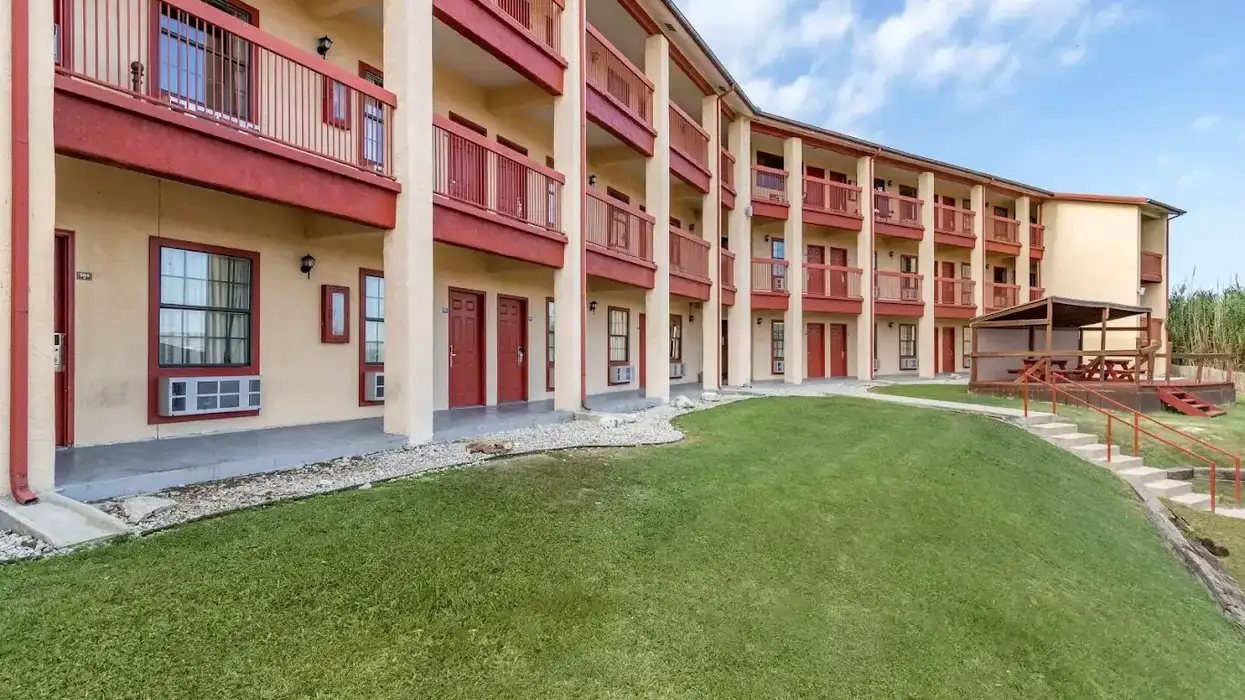THE FEDERAL MAIN Street Lending program has done almost nothing to help hotels suffering from the economic downturn caused by the COVID-19 pandemic, according to the American Hotel and Lodging Association. The association is calling on the lame duck Congress to take immediate action.
Up until now the program has simply been poorly administered, said Chip Rogers, AHLA president and CEO in a statement.
“The Treasury Department’s inability to deploy the Main Street Lending program, with only an embarrassingly small fraction being distributed of the more than half a trillion dollar capacity allocated from the [Coronavirus Aid, Relief, & Economic Security Act], will go down in U.S. history as one of the worst bureaucracy blunders of economic policy. Thousands of businesses have or will go out of business because these funds were not doled out as mandated by Congress,” Rogers said. “The Main Street Lending Program has been a complete failure and provided no relief to the hotel industry, leaving 71 percent of hotels on the brink of closure and millions of jobs at permanent risk according to a recent AHLA survey.”
Rogers goes on to reference a move by U.S. Treasury Secretary Steven Mnuchin who last week asked in a letter to the Federal Reserve Board of Governors that $455 billion set aside for funding the CARES Act be returned to the treasury since it has not been used. The Main Street program and other programs supporting businesses affected by the economic downturn were funded by the money.
“In the unlikely event that it becomes necessary in the future to reestablish any of these facilities, the Federal Reserve can request approval from the Secretary of the Treasury and, upon approval, the facilities can be funded with Core ESF funds, to the extent permitted by law, or additional funds appropriated by Congress,” Mnuchin said.
However, media reports indicated the secretary’s request may have been part of the Trump administration’s ongoing resistance to Biden’s efforts to set up his incoming administration.
“Congress should be outraged and immediately re-appropriate the unused $455 billion in funds to provide targeted relief to severely distressed industries, such as the hotel industry,” Rogers said. “Congress must act immediately to pass additional grant programs for industries and workers that are facing irreparable harm without further assistance.”





